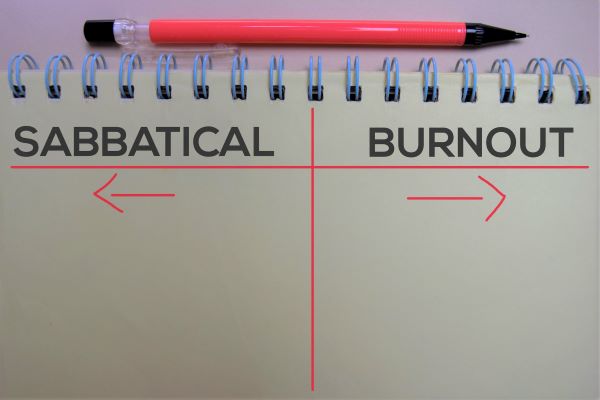
We all know the value of a resume. Even if we have never had to write one, we know what needs to be included, and whether we need to submit one as part of an application is usually very clear. But what about a cover letter? How important is a cover letter when applying for a job and when should you include one?
When they ask for a cover letter
Sometimes it’s very clear that you are to submit a cover letter. If you don’t, you will most likely fail the application process, so it is essential that you follow the guidelines. As part of an application form, you will be asked to demonstrate how you meet the essential criteria of the role. If there is not a clear section and guidance on how to do this, you are best positioned to do so in a cover letter. Take each criterion as it is listed and show how you meet it. This is how you will be scored so address all of the criteria to be in the running for an interview.
When you are not asked for a cover letter
On some occasions, you will not be explicitly asked for a cover letter, so you may be wondering whether you need to include one. In higher education, the answer is always yes. If you must send your resume or application form, it is good practice to send a letter to introduce yourself and make your motivations for the job clear. Even if you think a letter is not required, there is absolutely no harm done if you include one, so why take the risk? A cover letter is a great way to make yourself stand out. After all, with potentially hundreds of applications, it’s a way to help ensure your application package gets reviewed.
How do you write a cover letter?
Cover letters can seem daunting, but they don’t need to be complicated. Here’s a run down of what to include.
Include contact details
Include personal details (name and contact information) in case your cover letter becomes displaced from your application form or resume. It needs to be clear who you are and that your cover letter has come with other documents. Some people cleverly brand their resume and cover letter so they are similar in appearance.
Have a strong introduction
Your opening paragraph needs to be strong and grab the reader’s attention. Draw them into learning more about your experience through your application package. Present a compelling context for your interest in the position and how it fits into your career trajectory.
Sell yourself
The person reading the cover letter doesn’t want to hear about how the job will help you; they want to know what hiring you will do for them. Clearly state why you are the best person for the position using relevant examples and highlighting your achievements to date. Speak directly about how your skills and experiences apply to the position, particularly the essential criteria.
Close strong
The close of the letter is important. It should be confident and include a call to action. You want the recruiter to contact you so make sure it is clear how to do that and have the confidence to assume they will be doing so in your close.
Keep it professional
As a rule, never start a cover letter ‘hello’ or ‘hi’. This is far too familiar. A cover letter is a professional document so keep it that way or risk getting your application put on the ‘no’ pile before it’s been read. It should be written in a professional tone while also showing a bit of personality.
Review and review again
Think of your cover letter as a writing sample. Correct grammar, punctuation, and spelling are essential. Your paragraph structure should also be easy to follow and your language clear, concise, and compelling. If possible, have a friend or colleague who is a strong writer and editor review your letter and make suggestions.
Conclusion
In short, always include a cover letter. A letter gives a recruiter and hiring committee more information about you, your achievements, and places you firmly in their vision of the position.
Want more CV/resume and cover letter tips? Download our free ebook, How to Apply for Higher Education Careers (Revised Edition).
About the author: Nikki Vivian is a Career Coach and owner of From Kids to Career, which was set up to support women who are returning to a career, or looking to move in a new direction after taking time out to raise a family. Nikki works with Mums to find their true passions and to re-build confidence that can be lost after a break from the workplace. She believes passionately that being a parent does not put you at the bottom of the pile when it comes to your career. Nikki owns CV writing company Confident CV and has 8 years’ experience working in Careers for Cardiff University and works as a writer. Most recently, Nikki is writing content for businesses, organizations, and individuals on how to transition to remote working. She also coaches and delivers online training on this subject.











